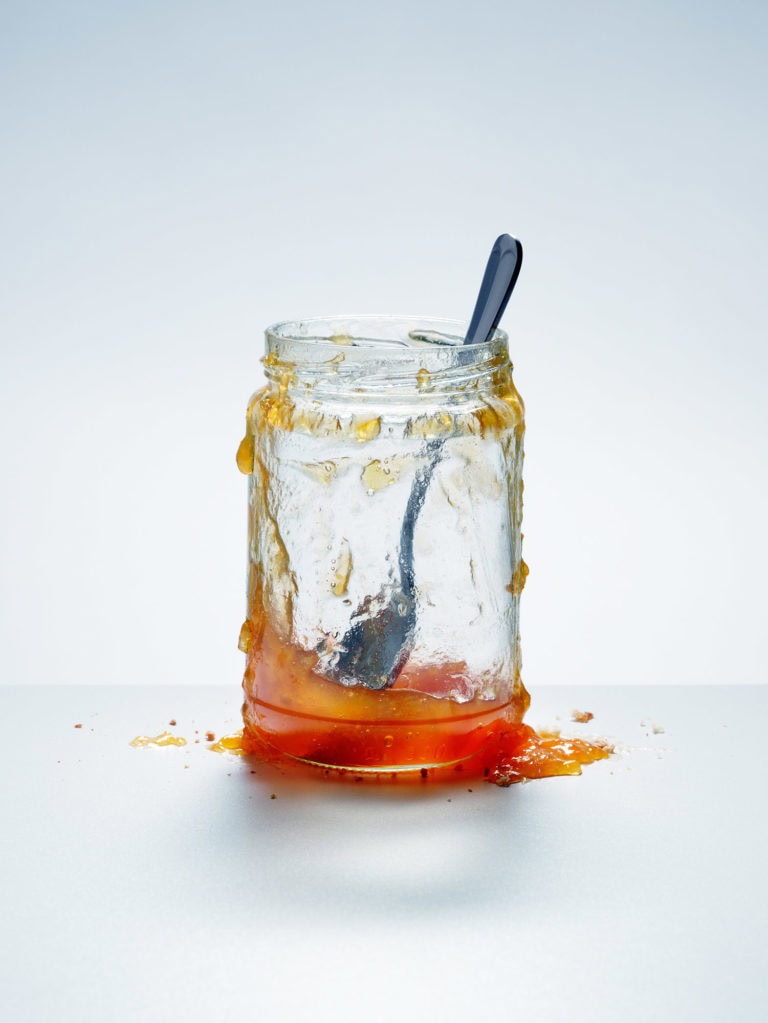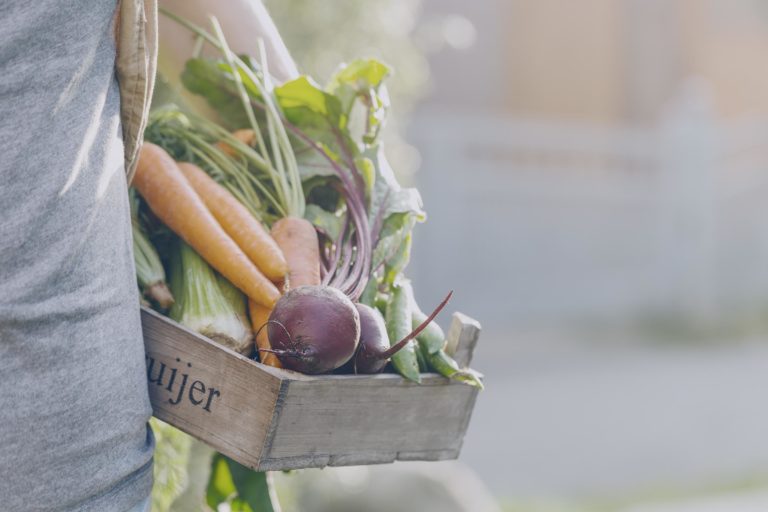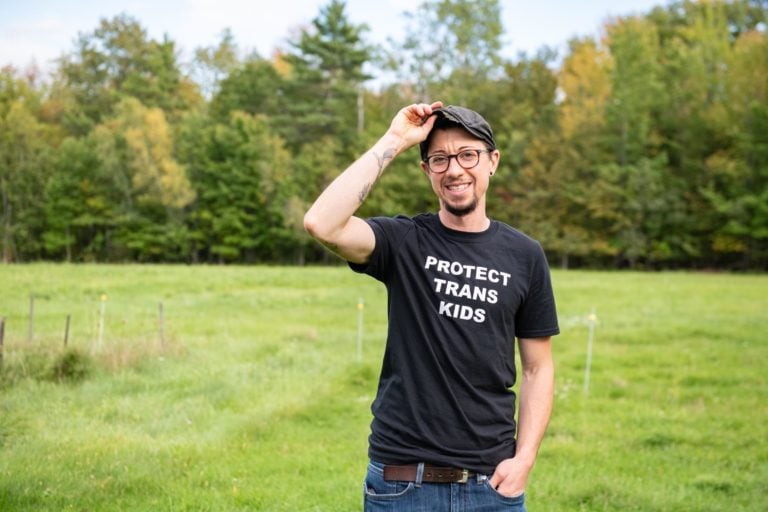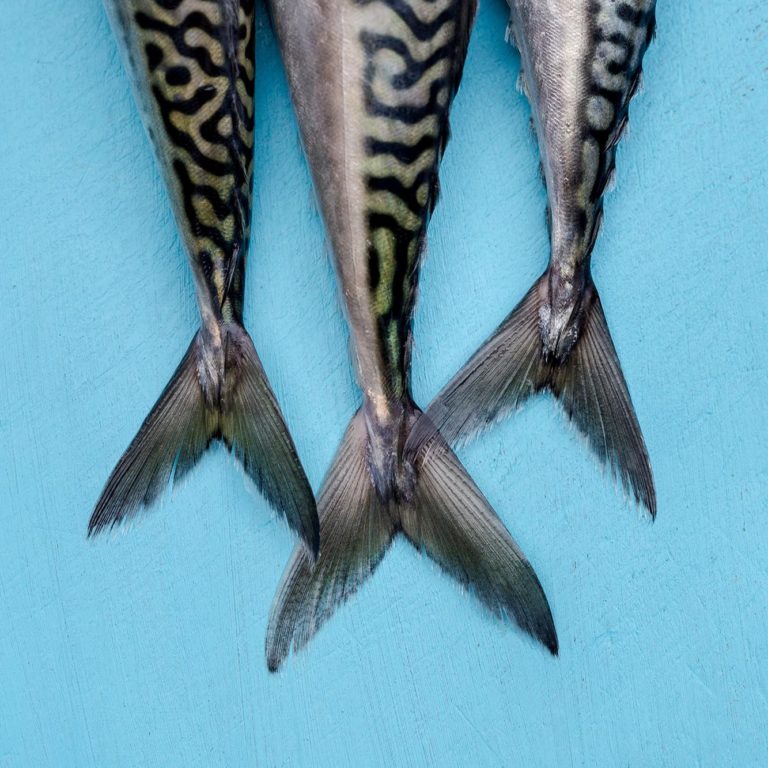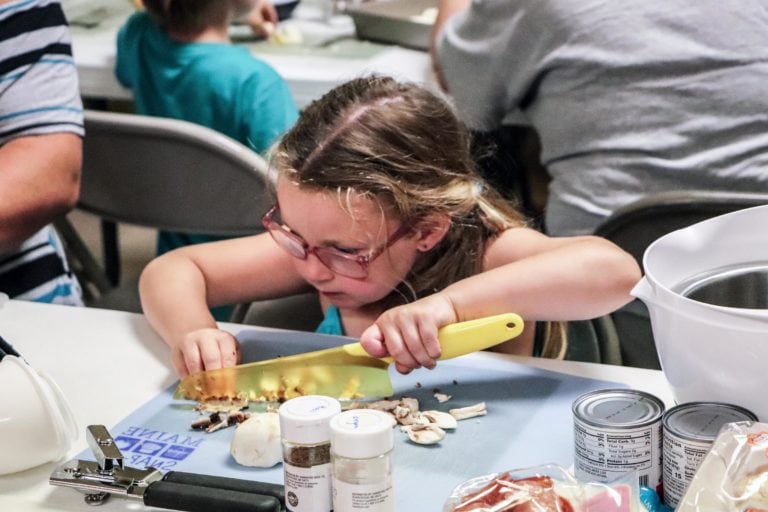A figure crouches in the mulch. Their knees are stained emerald, fingernails crowned with half-moons of dirt. Beads of sweat bedazzle their soil-smudged temples and glitter as they catch the harsh midday sun. Onions. The gardener is pulling onions and plopping them into round red bins by the hundreds. Thousands.
The vegetables are a mess, at best. Damp debris clings to their torn, papery skins, and some are severely misshapen. But the gardener knows what those bulbs endured to reach peak maturity (blight, pests, and extreme weather) and understands, perhaps better than anyone, that looks—shallow and temporary—can be deceiving.
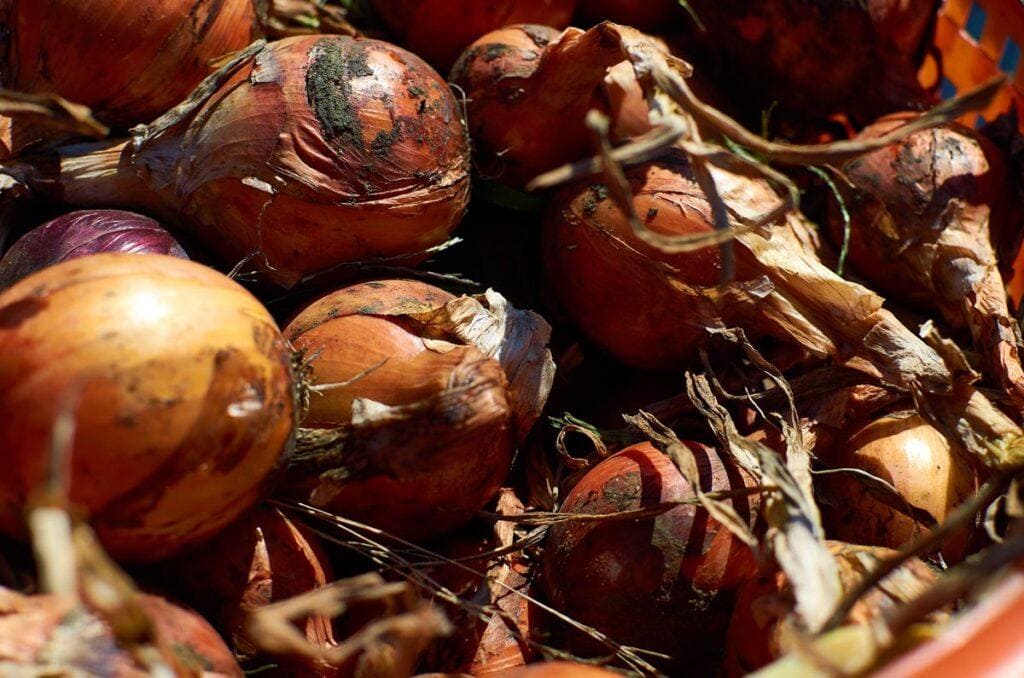
Like the gardener’s onions, Krista Okerholm’s residents have reached her office by no easy means. As the director of culinary & food sustainability at the Maine Department of Corrections (DOC), Okerholm works with a population that some might liken to damaged goods.
“These are folks who have faltered in life,” says Randall Liberty, the department’s commissioner. “Rather than punish, the Maine DOC takes a different, more holistic approach. We strive to recognize what brought people to corrections in the first place and find ways to help our residents make the best use of their time while they’re here.”
For many, at least some of that time is spent participating in the department’s esteemed gardening and culinary training program. Thanks to Okerholm, Liberty, Mark McBrine (food service manager and organic regenerative farming expert), Corrine Bailey (vocational trade instructor), and countless others, the program’s curriculum has quickly become a nationally recognized model.
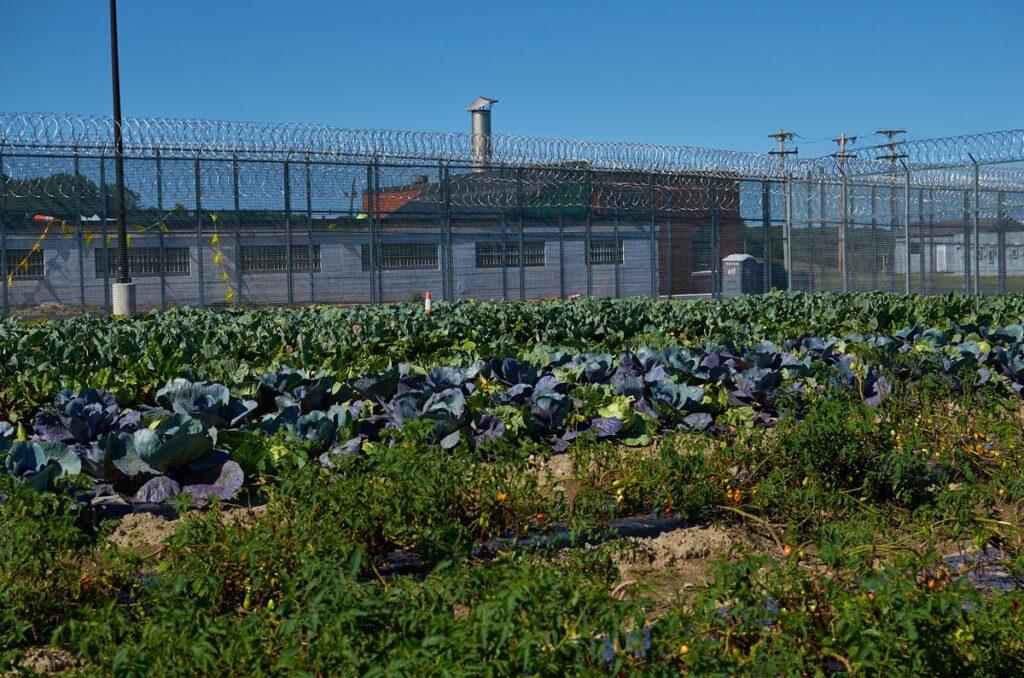
But to really dig into the roots of the program, one must understand Okerholm herself, who is an integral part of its operations. “I’m a classically trained chef,” Okerholm explains. “I primarily worked in fine dining, but I got to a certain point in my career where I wanted to do more.”
After a serendipitous move to Maine, Okerholm kept her eyes peeled for new opportunities. “I saw a job come up with the DOC and felt compelled to apply. Growing up, my Nana worked at the local jail. I saw firsthand the positive impact she had on the people there, and they on her. It felt like kismet, like coming full circle.”
Armed with a knack for making any kitchen “homey, welcoming, and inviting” and a group of female residents who weren’t too keen on the satellite food they were being served, Okerholm realized her mission. “I decided to run the kitchen like a restaurant, with the simple goal of getting the residents excited about their meals. The intent was to share with them the skills I’d learned from my previous career and help them become so well seasoned in the kitchen that they felt confident enough to rock anything in life.”
Around the same time, Okerholm discovered a large patch of wild rhubarb behind the prison. “The residents and I pulled 175 pounds of rhubarb out of that patch, brought it back to the kitchen, and had so much fun processing it together,” she says. That discovery led her to the long-neglected main garden. “The weeds were waist high, but we got in there, cleaned it all up, and managed to harvest just under 8,000 pounds of produce.”
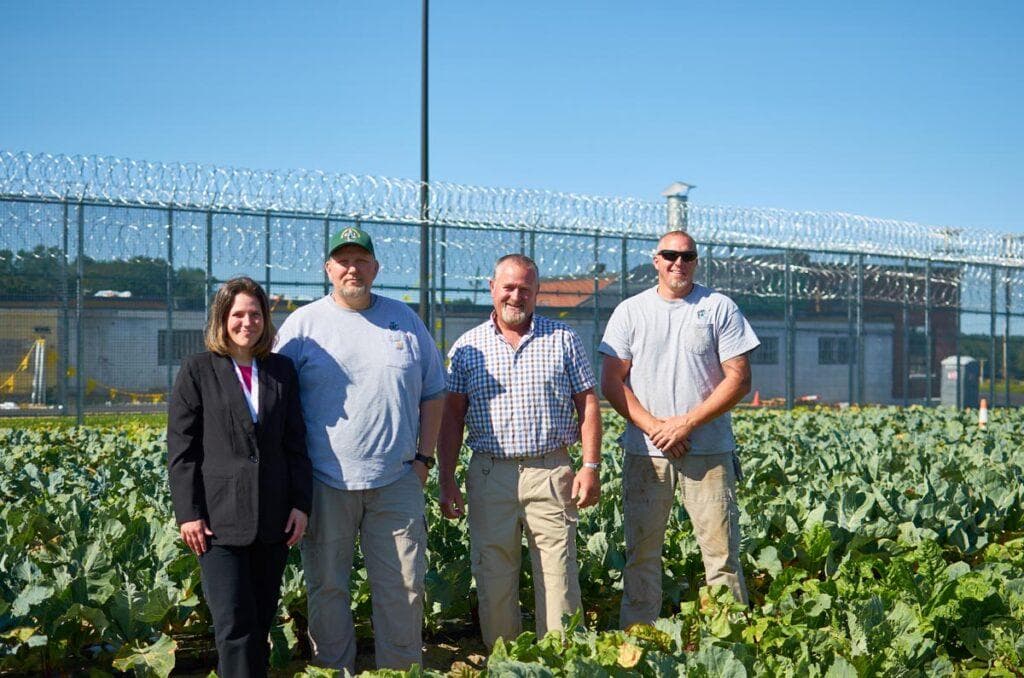
Inspired by Okerholm’s ambition, leadership at the Maine Correctional Center in Windham asked her to take over the main garden, and with mentorship from McBrine and Bailey, the program has journeyed to the impressive place it stands today. “We harvested 200,000 pounds of produce this year,” Liberty says, noting that 25% of their haul was donated to local shelters and food pantries. “Growing and giving back is a very healing experience for the residents.”
Plus, Okerholm notes, thanks to their efforts, a new venture is on the horizon: “Due to all the positive press about our farm-to-tray model, we’ve been approached by Impact Justice and Brigaid about partnering to give a traveling chef access to the kitchens across all of our facilities. Together, we’re working to design a model that (we hope) other institutions will want to replicate.”
Standing within the new internal garden at the Maine Correctional Center (MCC)—which is positioned directly across from the state-of-the-art kitchen and teeming with cabbages, tomatoes, peppers, broccoli, and a variety of ornamental flowers—you feel more like you’re at a hip farm-to-table restaurant than a prison. This, of course, is intentional. “More than anything, we want to normalize life for the residents,” Liberty says, underscoring that the entire statewide system employs infrastructure that prioritizes natural light, freedom of movement, and overall well-being. “Destigmatizing is an important ingredient in the overall healing process.”
Critics might balk, but the statistics are solid: “Nationwide, 65% of incarcerated people wind up back in the system. In Maine, that number shrinks to 20%,” Liberty says.
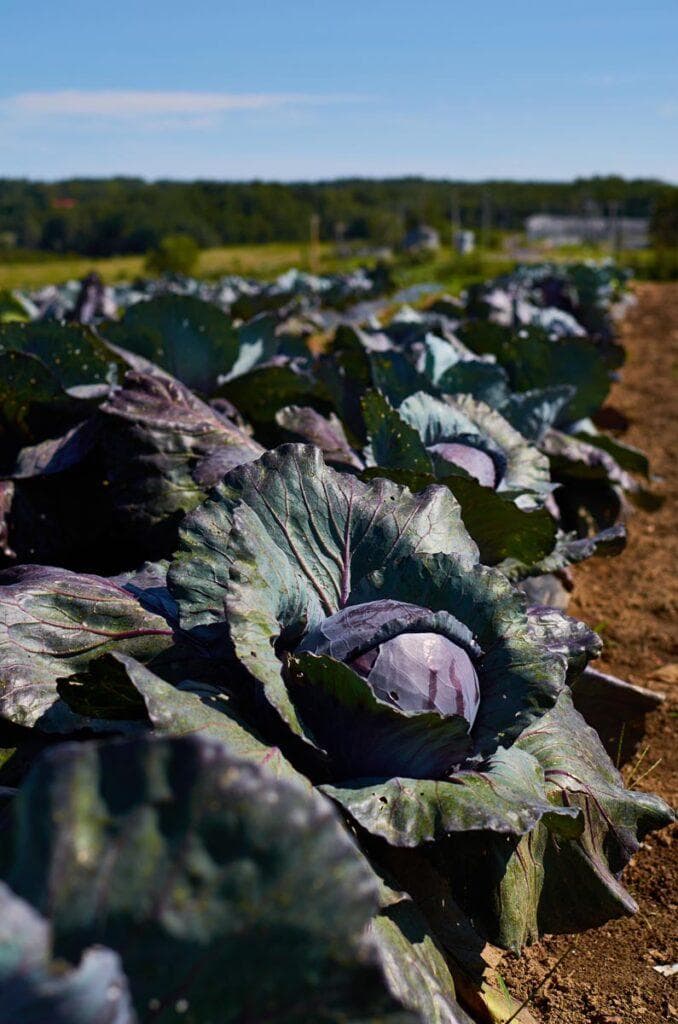
If you’re still not convinced, just ask Billie Jo, a resident at the MCC. “This program has been life changing,” she says, adding, “I’ve learned my way around a kitchen, how to grow and store different types of fresh vegetables, and, thanks to this experience, secured a job at a local restaurant that I’m really excited about.”
Her favorite vegetable to grow in the on-site gardens? “Definitely the onions. I just love the entire process, from start to finish, but the best part is the harvest. You pull them up and they’re all dirty and gross—completely unappetizing—but that’s not the end of their journey, you know? You scrub the dirt off, lay them out to dry, and soon enough they look beautiful, exactly like at the grocery store.”
Although Billie Jo is admittedly no stranger to the correctional system at large, the gardening and culinary training program is very new to her. “I don’t think Krista realizes what she’s done for us. When I was incarcerated before, I didn’t have an outlet to apply myself. This time, I have a job, I’m going to school.” She stops and smiles at Okerholm, who’s standing supportively behind her. “This time, I have a future.”






